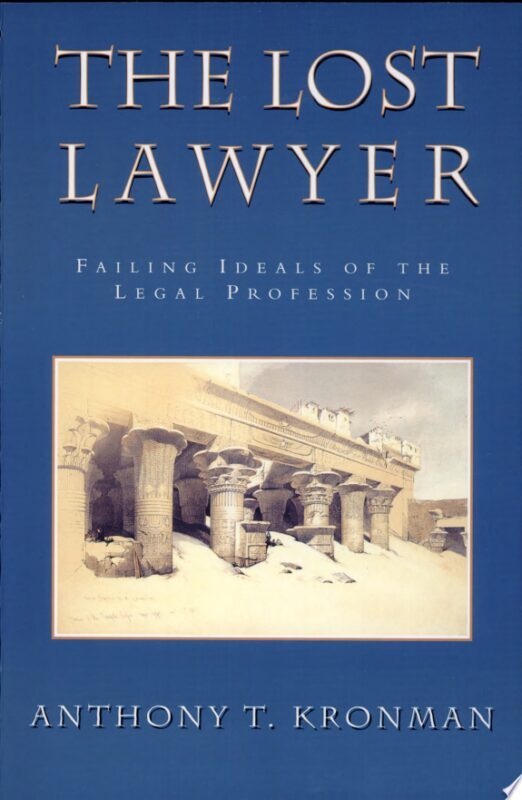About The Author
Michael Sean Quinn, PhD, JD, CPCU, Etc.
One of Texas's leading insurance scholars, Michael Sean Quinn is a past chair of the Insurance Section of the State Bar of Texas and has a broad legal practice.
Related Posts
Quinn Quotes
Asserting a proposition one believes in a certain situation and asserting its opposition in a substantively different situation, is not necessarily inconsistent. Neither one, taken alone or together, entails advocacy.~Michael Sean Quinn, PhD, JD, CPCU, Etc.Tweet
Login
Featured Book
The books shown are NOT affiliate links.
MSQ (site) does not receive any compensation for books listed or sold.
Books are shown for the reader's convenience only.
Book Genres
- Architecture (1)
- Biography & Autobiography (1)
- Business & Economics (3)
- Computers (1)
- Decision making (1)
- Fiction (1)
- History (2)
- Insurance law (1)
- Law (12)
- Lawyers (2)
- Philosophy (1)
- Political Science (1)
- Psychology (4)
- Religion (1)
- Self-Help (1)




Recent Comments